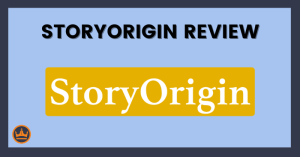Category
Book Marketing
Showing
37 - 48
of
160
Sort by:
Interested in book marketing?
Join the community
Join 320,000+ other authors who receive weekly emails from us to help them make more money selling books.












